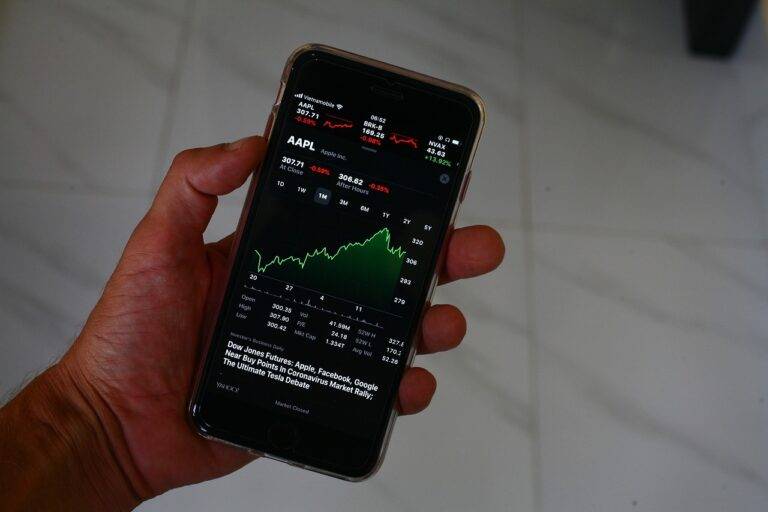The Impact of Tech on Supply Chain Management
In recent years, technology has revolutionized the way supply chain management operates. With the integration of advanced software systems and automation tools, businesses can now streamline their processes and optimize their operations like never before. The emergence of technologies such as artificial intelligence, Internet of Things (IoT), and blockchain have enabled companies to enhance their efficiency, reduce costs, and improve overall performance.
One of the key advantages of incorporating technology in supply chain management is the ability to gain real-time insights and data analytics. Through the use of sophisticated tracking and monitoring systems, businesses can now track the movement of goods, predict market trends, and respond swiftly to any disruptions in the supply chain. This enhanced visibility not only enables better decision-making but also fosters greater transparency and accountability throughout the entire supply chain ecosystem.
Enhanced Efficiency and Automation in Supply Chain Operations
In today’s rapidly evolving business landscape, the integration of technology has revolutionized supply chain operations. This digital transformation has significantly enhanced efficiency by streamlining processes and minimizing manual interventions. Automation plays a pivotal role in expediting tasks that were previously time-consuming, allowing organizations to operate with greater speed and accuracy.
The adoption of automation in supply chain operations has not only improved efficiency but also reduced the potential for human error. Tasks such as order processing, inventory management, and logistics coordination are now executed seamlessly with the help of sophisticated software and systems. This shift towards automation has enabled companies to reallocate resources to more strategic initiatives, driving overall productivity and profitability.
Improved Visibility and Transparency in the Supply Chain
In the modern era of supply chain management, businesses are increasingly realizing the importance of enhanced visibility and transparency. By leveraging advanced technologies such as IoT sensors and blockchain, companies can now track the movement of goods in real time, from the point of origin to the final destination. This increased visibility enables better decision-making, as organizations have access to accurate and up-to-date information about the status of their inventory and shipments.
Moreover, improved transparency in the supply chain allows for better collaboration among different stakeholders. With access to shared data and insights, partners can work together more effectively to streamline processes and address any issues that may arise. This transparency also helps to build trust among all parties involved, fostering stronger relationships and ensuring smoother operations throughout the supply chain.
• Enhanced visibility and transparency are crucial in modern supply chain management
• Advanced technologies like IoT sensors and blockchain enable real-time tracking of goods
• Access to accurate information about inventory and shipments facilitates better decision-making
• Improved transparency fosters better collaboration among stakeholders
• Shared data and insights help partners streamline processes and address issues effectively
• Transparency builds trust among all parties involved, leading to stronger relationships
How has technology impacted supply chain management?
Technology has revolutionized supply chain management by providing tools for enhanced efficiency, automation, and improved visibility.
What benefits are associated with improved visibility and transparency in the supply chain?
Improved visibility and transparency in the supply chain result in better decision-making, increased efficiency, reduced risks, and enhanced customer satisfaction.
How can automation help in supply chain operations?
Automation in supply chain operations can streamline processes, reduce errors, increase productivity, and ultimately lower costs.
What are some examples of technology used in supply chain management?
Examples of technology used in supply chain management include IoT devices, blockchain, AI, and advanced analytics tools.
How can businesses implement improved visibility and transparency in their supply chain?
Businesses can implement improved visibility and transparency in their supply chain by investing in technology, data analytics, and collaboration with partners in the supply chain.





